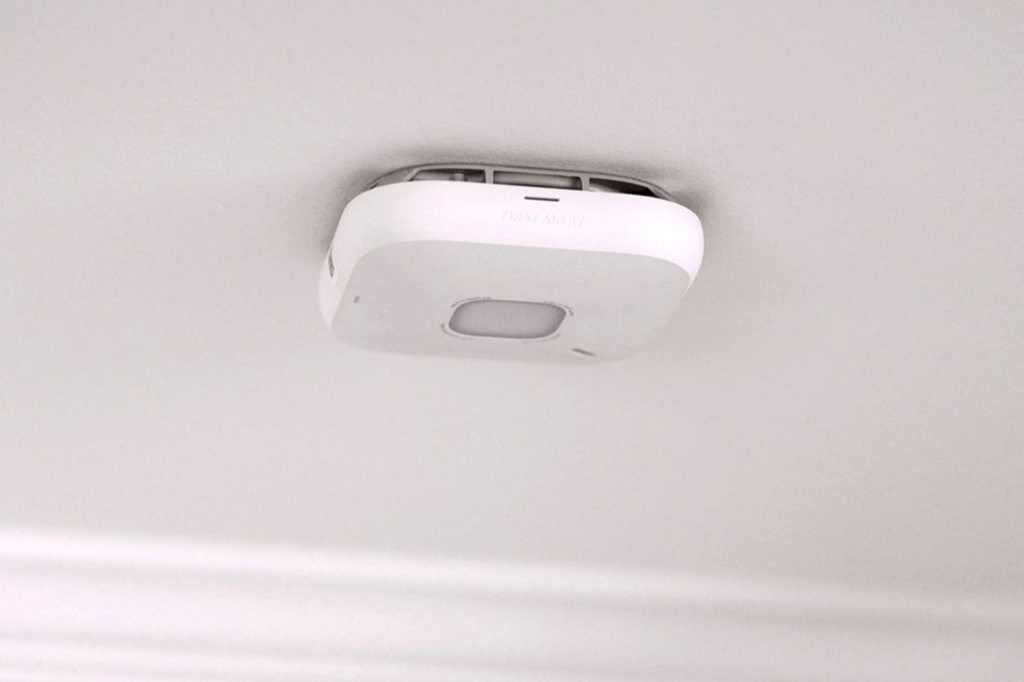Nest's Pivot: Google Abandons Home Safety Hardware in Strategic Shake-Up

Google Waves Goodbye to Nest Protect and Nest x Yale Lock
Tech enthusiasts and smart home lovers, brace yourselves for some significant changes in the Nest ecosystem. Google has announced the discontinuation of two popular smart home devices: the Nest Protect smoke detector and the Nest x Yale Lock.
In a strategic move, the tech giant is not leaving users in the lurch. Instead, Google is proactively working to ensure a smooth transition by recommending third-party alternatives that can seamlessly integrate into existing smart home setups.
For Nest Protect users, this means exploring alternative smart smoke and carbon monoxide detection solutions from trusted manufacturers. Similarly, those who rely on the Nest x Yale Lock will need to investigate comparable smart lock options that offer similar security and connectivity features.
While the discontinuation might initially seem disruptive, it reflects Google's ongoing commitment to refining and evolving its smart home product lineup. Users are encouraged to stay informed about upcoming replacement recommendations and potential migration paths for their current devices.
As the smart home technology landscape continues to transform, this change underscores the importance of adaptability and the rapid pace of innovation in connected home technologies.
